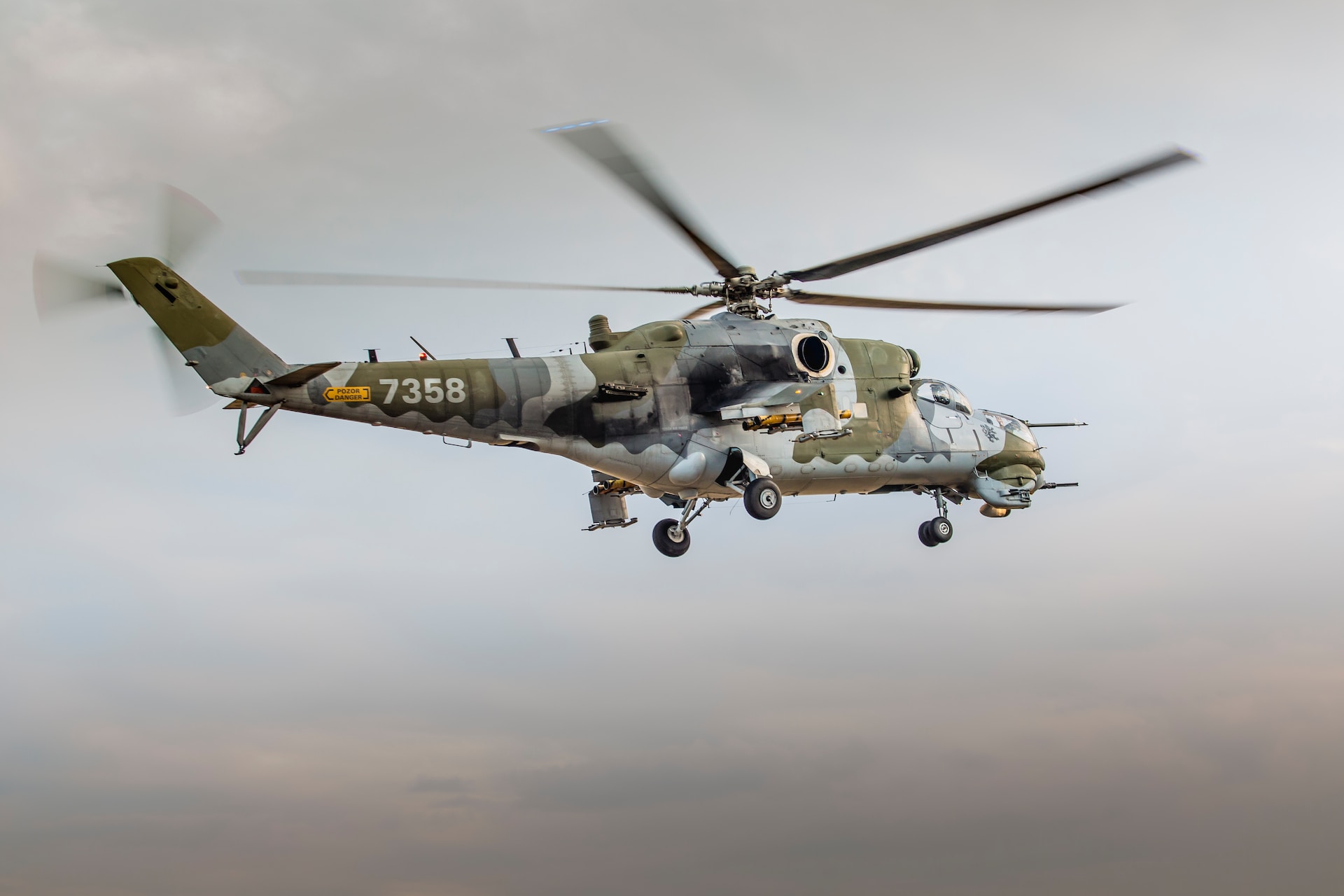Ship Owners Still Skeptical as Pentagon Affirms Red Sea Safety

Shipping companies are being reassured by the US that their multinational taskforce is making voyages through the Suez Canal and Red Sea safer, despite the attacks by the Houthis not relenting.
Air Force Lieutenant Colonel Bryon McGarry, a Defense Department spokesperson for the Middle East and Africa, said on Thursday that the Pentagon is “engaged with industry on a near-daily basis to gauge needs and provide reassurance that the international community is there to help with safe passage.”
For most shipping lines, this is not proving enough to risk an aimed drone or missile attack getting through their defenses. “It will take a little while for shippers to get a sense about the security situation,” says retired marine officer and senior advisor with the Center for Strategic and International Studies in Washington, Mark Cancian.
“If it turns out that the US and the coalition can maintain safe passage, then I think they’ll come back. But right now they really can’t be sure.”
In an interview, Mr Cancian suggested that a handful of shipping lines will be “more risk-averse than others. Ones that have connections with Israel might be more reticent.”
The Iranian-backed militia group, the Houthis, have previously stated that they’re targeting ships linked to Israel, in support of Palestine. Despite this, ships without direct links to Israel have also suffered attacks and been singled out
According to new industry data, half of the regular commercial shipping fleet that transits the Suez Canal and Red Sea are avoiding the voyage due to the threat of attacks. Container ships, tankers, and other ships are having to take the longer route around the southern tip of Africa, which is significantly costlier. This may result in higher oil costs, as well as increased prices of consumer goods.
The second global container line, A.P. Moller-Maersk A/S, has informed that they’re preparing to resume their passage through the Red Sea “as soon as operationally possible.”
However, even Maersk cautions that “the overall risk is not eliminated in the area”. The company states that it would “not hesitate” to re-evaluate safety situations for its vessels and crew, if needed.
Retired Navy captain and a defense analyst, Gene Moran, previously commanded the USS Laboon - the destroyer that shot down 4 drones in the Red Sea on Saturday. Moran argues that shipping companies are looking for the U.S multinational taskforce to do more. “This method doesn’t appear to address the cause of the threat,” said Moran during an interview.
“The Houthis are able to operate from the uncontrolled portions of Yemen. Something will need to be done about that. We seem to be moving very gingerly when the conditions seem to call for a more forceful response.”
Despite this, Washington is reluctant to take any actions that could turn or impact Israel’s war against Hamas in the Gaza Strip, which began after the October 7th assault on Israel, into a broader regional conflict. That concern may be shared with shipping.
“If the United States were to start shooting at Houthi camps, that would arguably increase the risk, not decrease it,” said Cancian. “So I don’t think the shippers are particularly anxious to start that.”
Operation Prosperity Guardian, the security initiative led by the Pentagon, is the multinational taskforce bringing together forces from France, the UK, Italy, Bahrain, Canada, Norway, Greece, the Seychelles, Australia, Spain, and the Netherlands, as well as other nations that do not wished to be named. The military hasn’t yet informed of how it will operate.
The Pentagon’s press secretary, Major General Pat Rider, said earlier this month that this multinational coalition will serve as a “highway patrol” in the sea.
The mixed nature of the threat, which does include the potentiality of drone and missile attacks as well as small boats, makes it more challenging to react because the coalition do not all have the same capabilities as the US ships, says Moran.
For the present time, Operation Prosperity Guardian will continue indefinitely.
“We are not putting a timeline on this operation,” says the Pentagon spokesperson, McGarry. “We’ll stand firm with our partners in the region for as long as it takes until the threat to international shipping in these waterways has ceased.”